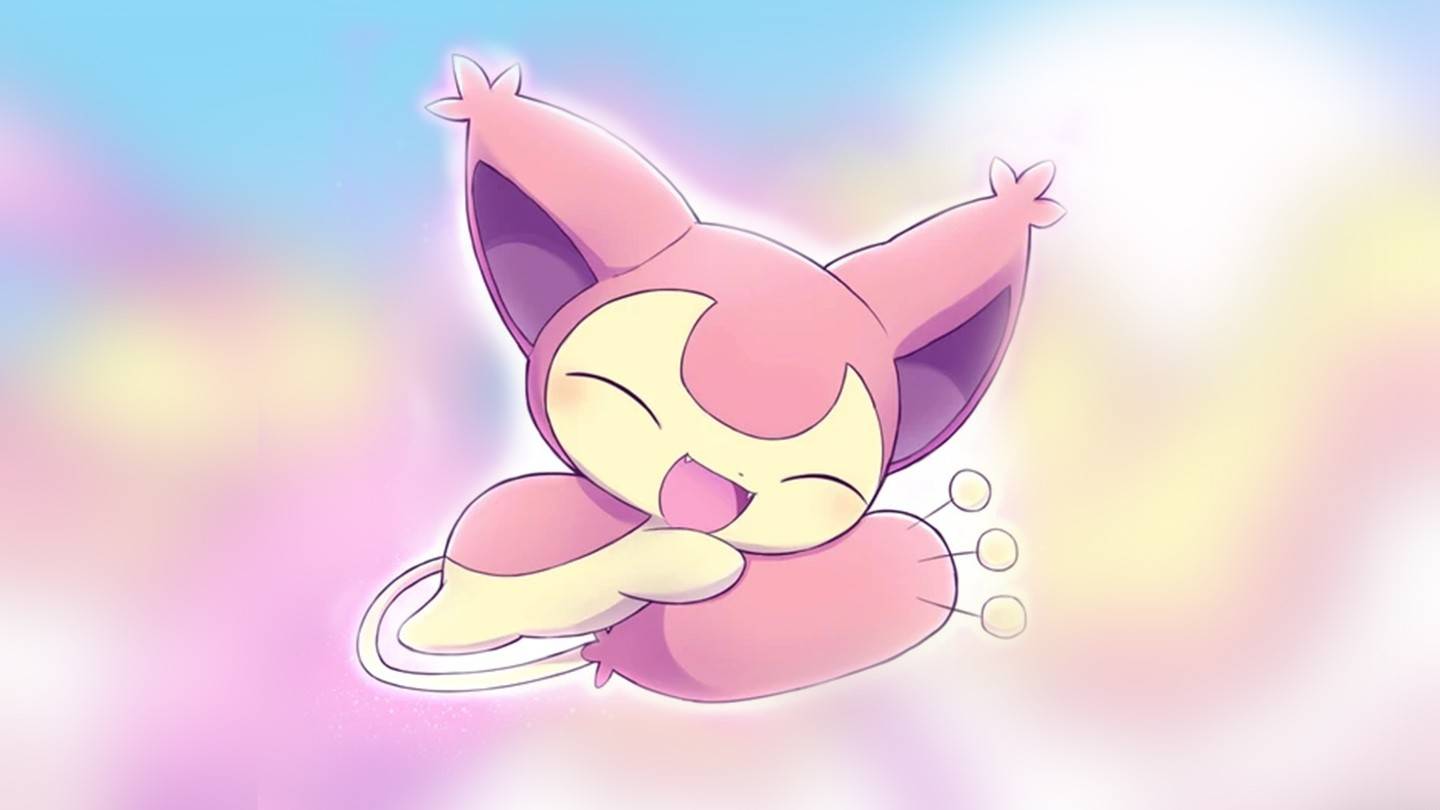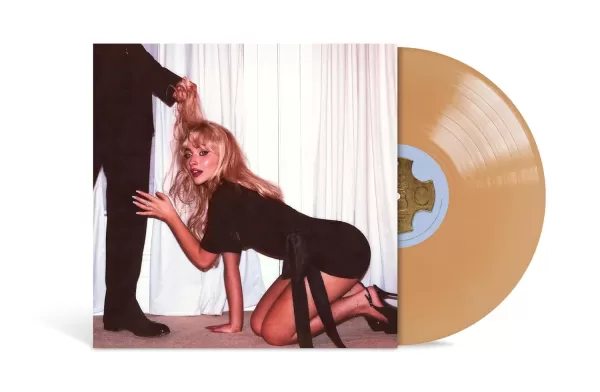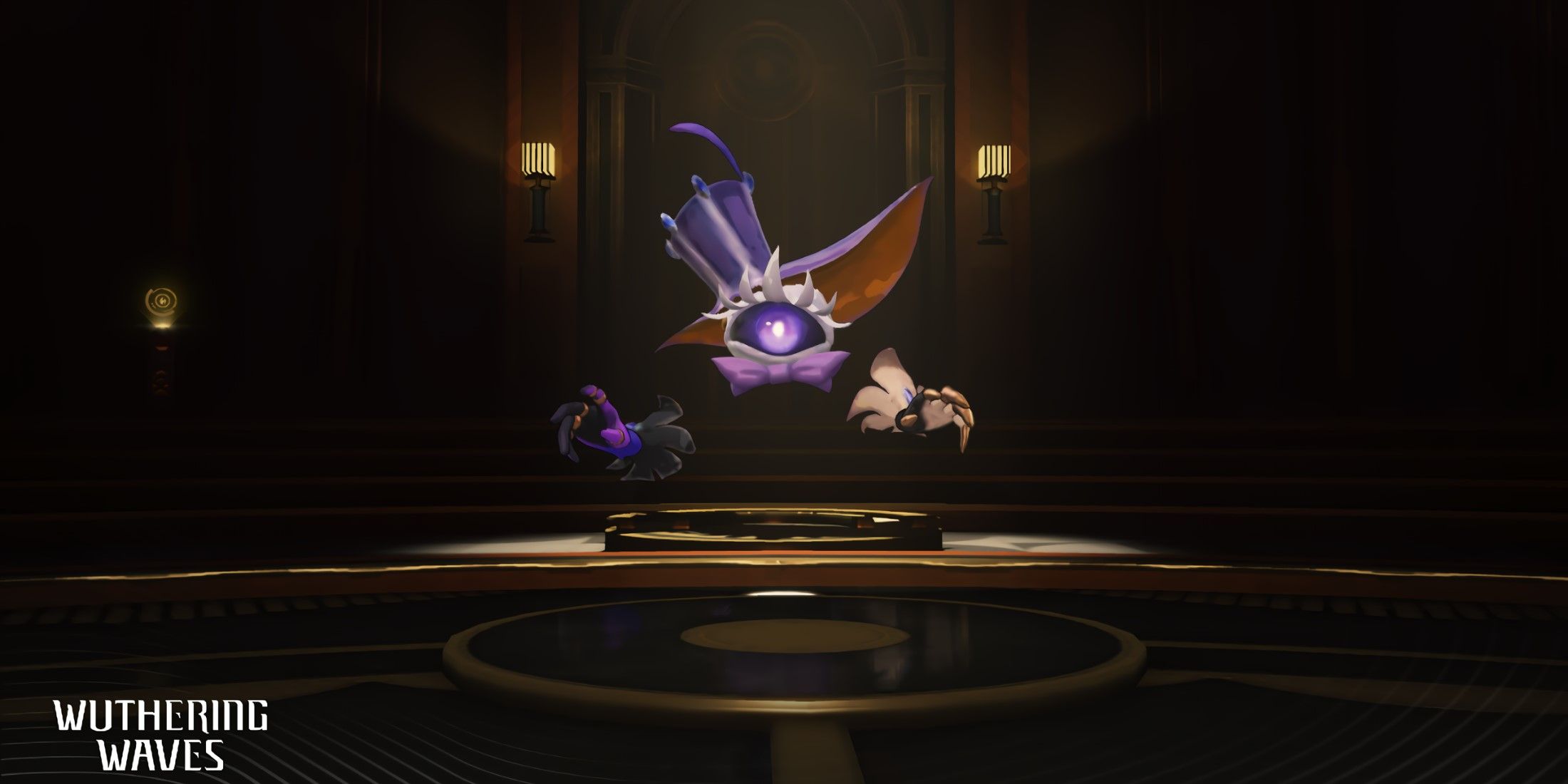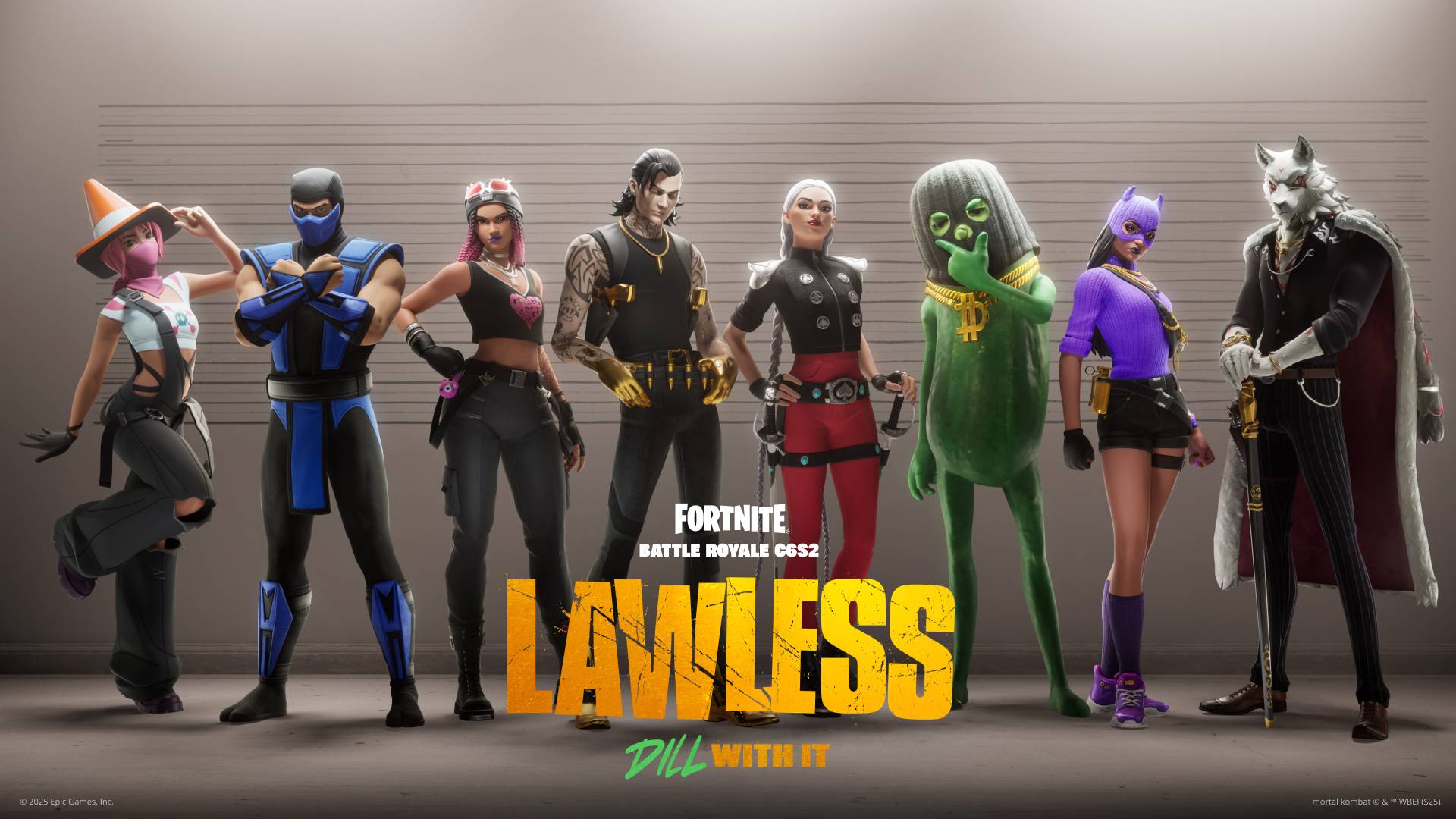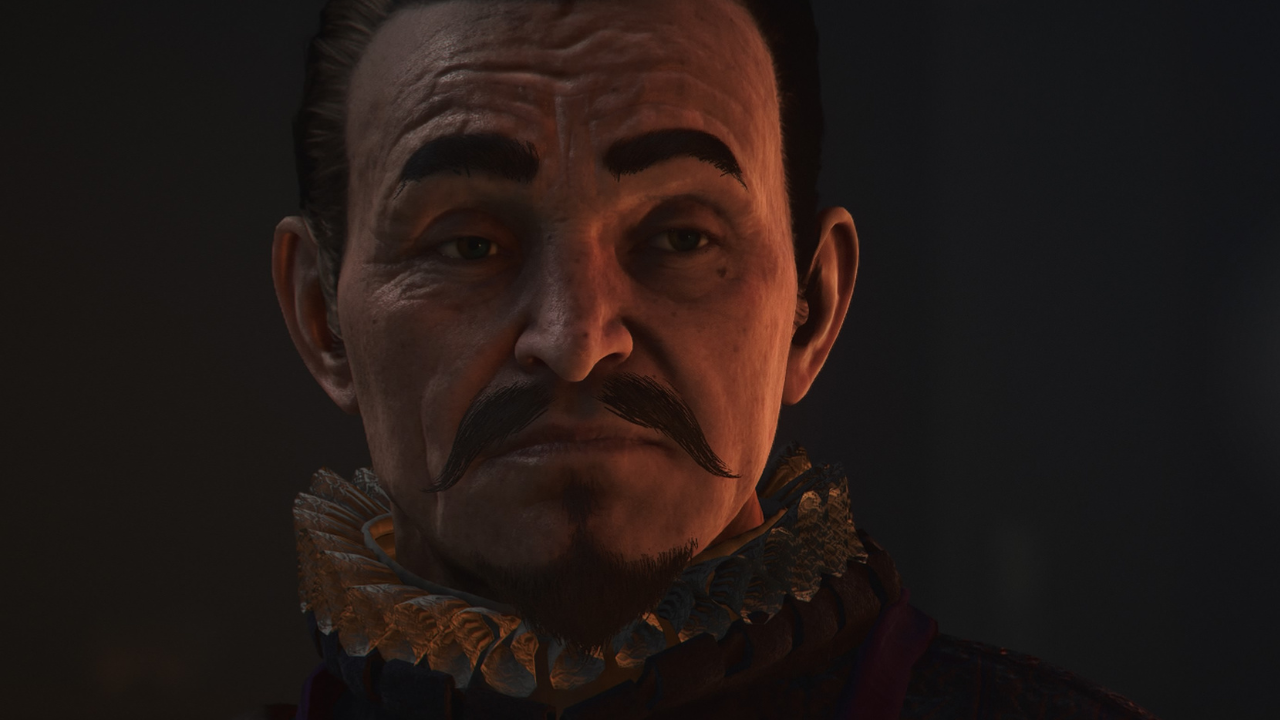"Resident Evil 2 and 4 Remakes: A Daunting Development Journey"

Yasuhiro Anpo, the director behind the acclaimed remakes of Resident Evil 2 and Resident Evil 4, shed light on the decision to revive the 1998 classic. Anpo revealed that the impetus for remaking Resident Evil 2 stemmed from an overwhelming fan demand to see the game restored to its former glory. As Anpo stated, "We realized: people really want this to happen". This sentiment was echoed by producer Hirabayashi, who decisively remarked, "Alright, we'll do it".
Initially, the team contemplated beginning with Resident Evil 4. However, after thorough discussions, they recognized that the game, already highly acclaimed, was nearly perfect in its original form. The risk of altering such a beloved title was significant, leading them to shift their focus to the earlier Resident Evil 2, which they believed required a more substantial modernization. To align with fan expectations, the developers also delved into fan projects, gaining insights into what the community desired from a remake.
Despite Capcom's internal deliberations, the fanbase expressed mixed feelings, especially after the announcements and releases of the remakes. Some argued that Resident Evil 4, unlike its predecessors, did not require an update to the same extent. While Resident Evil 2 and Resident Evil 3, originally released in the 1990s for the PlayStation, featured outdated elements like fixed camera angles and cumbersome controls, Resident Evil 4, released in 2005, had already revolutionized the genre. Despite these initial reservations, the remake of Resident Evil 4 successfully captured the essence of the original while enhancing gameplay and narrative elements.
The commercial triumphs and glowing reviews of these remakes underscored that Capcom had navigated the right course. They demonstrated that even a game deemed nearly untouchable could be reimagined with reverence for its origins and a fresh creative perspective.











